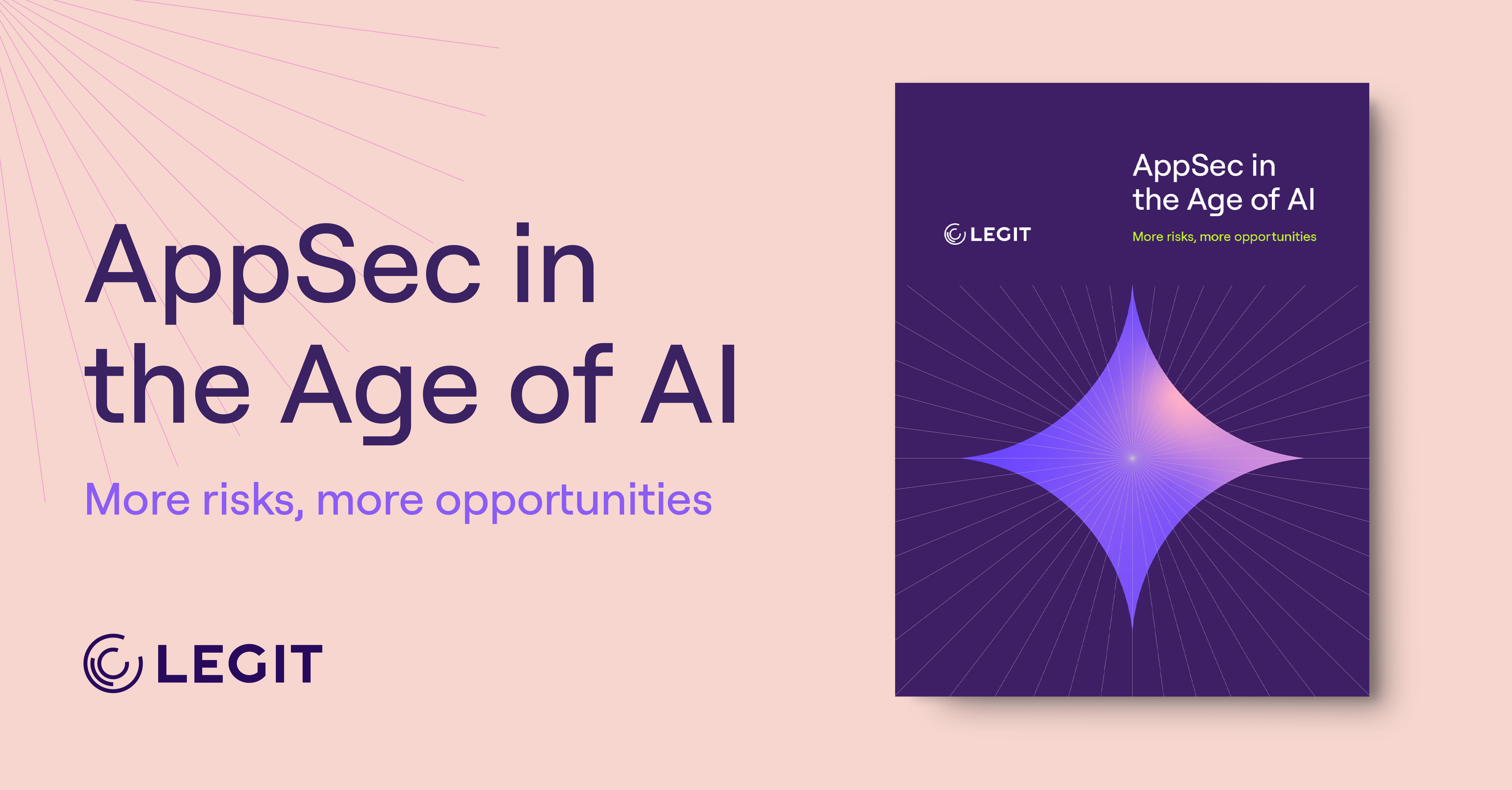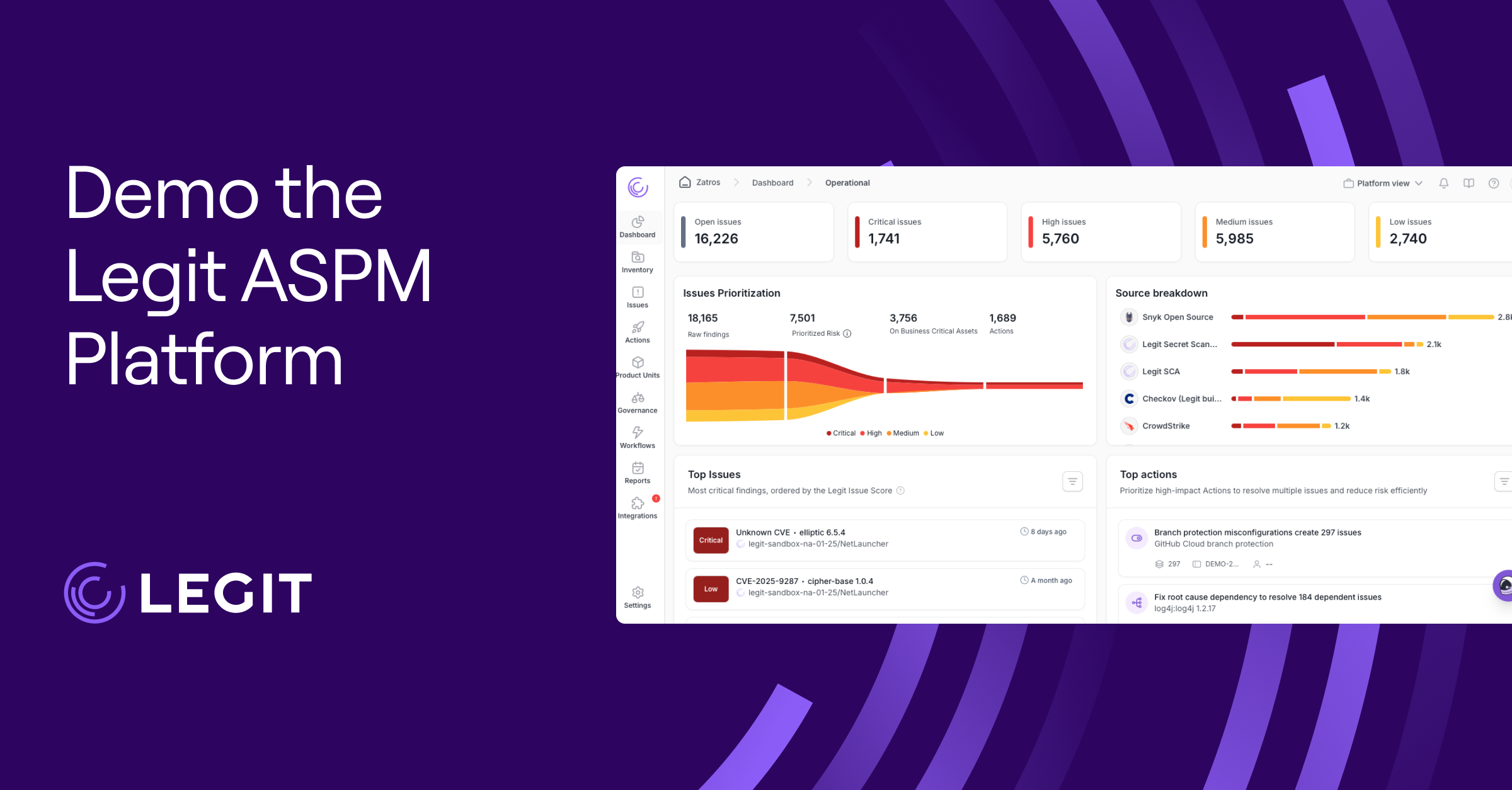AI tools for DevOps are popular for a reason. More than 63% of professional developers are leveraging AI tools—and 82.7% report increased productivity thanks to automation.
This sounds great on paper, but what can AI-powered pipelines actually do for your DevOps team? Here’s a guide to the role of AI in DevOps, plus how to find the benefits that matter most to you and choose the DevOps AI tools that align with your needs.
What Is AI in DevOps?
AI in DevOps refers to the integration of machine learning and other AI technology into DevOps workflows. The level of continuous integration may vary across companies and teams, but AI DevOps tools can optimize every stage of the software development lifecycle (SDLC).
AI for DevOps works by analyzing large amounts of operational data, such as:
- Logs
- Metrics
- Events
- Code changes
This assists anomaly detection and provides a mechanism for continuous learning. As AI systems find patterns in historical data, they can apply that learning to refine its decisions and ensure smooth deployments.
What Are the Benefits of Integrating AI With DevOps?
There’s no shortage of company executives and junior vibe coders boasting about how AI tools are revolutionizing DevOps and the software development lifecycle. One survey of more than 36,000 respondents found the following results:
- Increased productivity: As mentioned above, professional developers reported a nearly 83% increase in productivity from using AI. This likely stems from automated testing and streamlining workflows.
- Faster learning: Of those surveyed, 61% reported that AI tools helped them accelerate through the development process. Junior and mid-level developers can improve their skills faster by leveraging AI, as long as they don’t rely on it too much.
- Greater efficiency: With greater speed and productivity, efficiency naturally follows next. More than 58% of professional developers cited this benefit using AI-assisted tools, which can also contribute to better resource allocation.
- Improved accuracy: Almost 29% of professional developers saw an increase in code accuracy, though professional developers were also less likely to trust AI outputs. The study did find that employing an algorithm’s pattern detection abilities for quality assurance use likely leads to more accurate results than using chatbots to write code.
While not mentioned in the survey, AI can also lead to enhanced security. While AI does have a bad reputation for writing hackable code, it’s a solid option for automating threat detection, providing real-time alerts, and detecting key vulnerabilities.
Which AI-Powered Tools Are Best for DevOps? Top 6
AI and DevOps are evolving quickly, and new platforms seem to enter the market space every day. The offerings range from AI-powered security scanners on the lower end to more complex models built to mimic the human immune system.
Here’s a breakdown of some of the top tools you should consider and their best use cases:
1. Legit Security
Legit Security
offers an AI-native application security posture management (ASPM) platform that’s designed to protect software at every level. Legit’s platform provides full visibility and control over assets during the entire SDLC, building safety in from the start.
Key features: AI discovery to identify AI use in code, ongoing compliance checks, deployment flexibility, secrets detection, deployment flexibility
Best use case: Empowering DevOps teams to secure AI-driven software development pipelines from coding to deployment
2. Snyk
Snyk helps developers automatically secure each line of code, accelerating workflows through agentic AI systems and assistant-based AI tools. It also helps developers identify, diagnose, and fix issues to secure software.
Key features: AI-ready engines, AI-native workflows, DeepCode AI for real-time feedback, automated vulnerability management
Best use case: Embedding proactive security directly into the CI/CD pipeline with little to no friction for developers
3. GitHub Copilot
GitHub Copilot is an AI-powered software building tool that also leverages agentic AI. It can work as an artificial “pair programmer” that can handle delegated tasks, such as generating code. Developers use it to handle work previously tackled by junior developers and to work through backlogs.
Key features: Real-time code suggestions, multi-modal support, agent mode, GitHub actions integration, generating code, Gitlab integration
Best use case: Ideal for programmers accustomed to pair programming environments or for companies lacking junior staff
4. CodeGuru
Amazon has launched CodeGuru Security as an AWS-powered code reviewer. Its goal is to identify, track, and resolve code security issues throughout the SDLC. The model leverages automated reasoning and machine learning for continuous improvement.
Key features: Automatic bug tracking and closure, AI-powered code reviews, security analysis, cost estimation tools
Best use case: Ideal for companies already embedded in the AWS cloud infrastructure and those who want to reduce technical debt by optimizing resource allocation
5. DataDog
DataDog provides real-time monitoring built for enterprise-scale organizations, boasting seamless deployment, wide breadth of coverage, and minimal maintenance. Professional developers can use this to generate context-rich alerts and reduce false alarms.
Key features: Real-time metrics, full-stack coverage, automated detection, automated UX analysis, cost monitoring, alerts prioritization, autoscaling
Best use case: Ideal for engineering teams at large organizations that rely heavily on real-time observability and want to reduce IT costs
6. Sysdig
Sysdig leverages agentic AI to bring security and real-time observability to cloud-native environments. Its AI model uses machine learning to detect anomalies while offering a strong focus on runtime protection.
Key features: Agentic AI, automated threat detection, runtime security enforcement, vulnerability management, cloud workload protection, Kubernetes support
Best use case: Ideal for DevOps teams working on containerized and cloud-native software in real time
3 Best Practices to Implement AI in DevOps
How you integrate AI and machine learning into your DevOps team plays a critical role in long-lasting success. Consider the following best practices:
- Involve the right stakeholders: When choosing a DevOps AI tool for your team, involve everyone who might interact with—or need to know about—the software. This offers more visibility and avoids any miscommunications about new processes.
- Maintain human oversight: Overreliance on AI tools could undermine the benefits they can provide for your team. Make sure there’s always a human in the loop to check outputs, review alerts, and handle complex issues.
- Leverage continuous improvement: Continuous improvement isn’t just for your software. The processes and the tools you use should also go through iteration, analytics, and testing as you fine-tune the right approach.
How Can DevOps Teams Use AI?
While there are some specific use cases teams should consider for each tool, there are also some general applications. Identifying down the ones most important to you can help you choose the right AI tool for your DevOps team:
- Writing code: A survey of almost 36,000 developers found that 82% of them used the tool for writing code.
- Search for answers: AI also helps developers get unstuck. The same research above shows that 67.5% used AI to search for answers.
- Debugging and getting help: Roughly 57% of developers used AI tools to debug their code.
- Documenting code: Just over 40% of developers used AI tools to document their code for future use, saving time and effort.
Secure Your AI Tools With Legit Security
Legit Security simplifies security by helping DevOps team protect their software from code to cloud. By integrating directly into your development workflows, Legit adds a security layer that keeps pace with the speed of modern software teams. It scans code, tracks who wrote it, and makes sure it doesn’t violate governance or compliance rules. Scale AI-assisted development without compromising security.
Book a demo to see Legit’s AI-powered security in action.
Download our new whitepaper.


